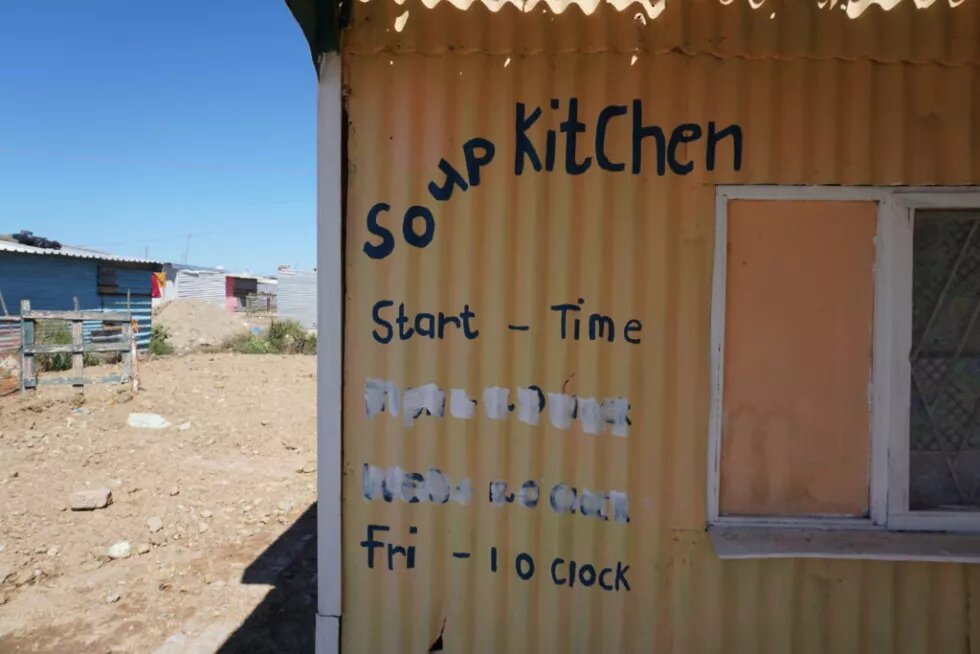Can community kitchens play a role in moving our approaches to hunger beyond the binary of ‘charity’ and ‘market’?

COVID-19, soup kitchens and the right to food in South Africa
On the 5th March 2020, the South African government announced a complete lockdown of the country. Citizens were strictly confined to their homes (those who have them), unless they were considered to deliver essential services or could prove that they needed to leave home for essential purposes. It was enforced by the police and the military, in some cases with fatal consequences.
These lockdown measures highlighted the government’s fundamental lack of understanding of how the poor access their food, including the vital role of informal producers and traders and school feeding schemes in the daily sustenance of the nation. In response to the widespread hunger brought about by the lockdown measures, the government embarked upon a process to provide food parcels and vouchers. However, the programme was woefully inadequate to cater for all those in need and in many instances, crippled by corrupt practices.
-------